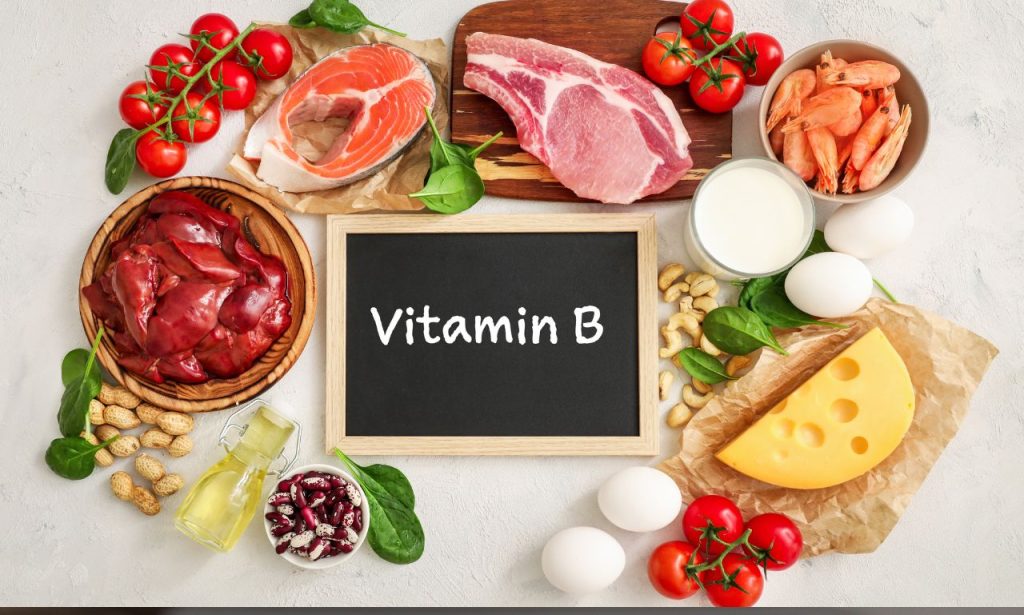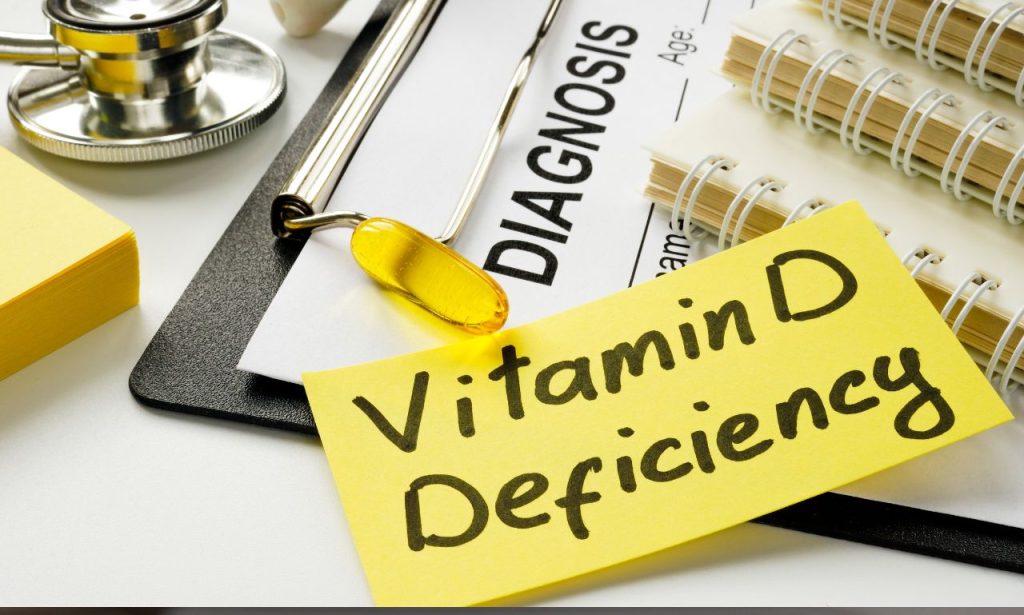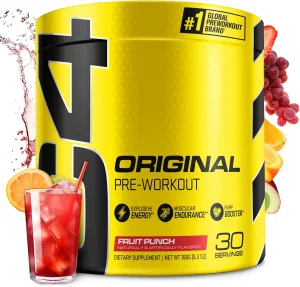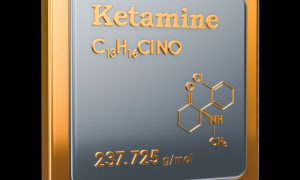Football is a game of inches, of milliseconds, of explosive power and unwavering endurance. But physical prowess is only part of the equation. To truly dominate the gridiron, you need a secret weapon: optimal nutrition. And at the heart of this winning formula lies a potent cocktail – the right vitamins.
What vitamins are good for football players? This question echoes through locker rooms and training facilities across the country. It’s a question that holds the key to unlocking peak performance, to pushing beyond limits and achieving greatness on the field. This isn’t about simply meeting basic nutritional needs; this is about fueling your body with the specific micronutrients it craves to withstand the unique demands of this high-impact sport.
This isn’t your average vitamin guide. This is your comprehensive playbook to understanding the crucial role vitamins play in elevating your game, allowing you to train harder, recover faster, and dominate every down. Get ready to fuel your body for victory.
The Role of Vitamins in Athletic Performance
Vitamins are often overlooked heroes in the world of sports nutrition. While protein often steals the spotlight, building and repairing those hard-working muscles, vitamins work tirelessly behind the scenes, acting as essential catalysts for countless metabolic processes within your body.
Think of vitamins as the spark plugs in a high-performance engine. Without them, the engine sputters and fails to reach its full potential. Similarly, without adequate vitamin intake, your body simply cannot function at its peak.
Here’s how vitamins contribute to your success on the football field:
- Energy Production: Vitamins, particularly B vitamins, are crucial for converting the food you eat into usable energy. This energy fuels your every sprint, tackle, and throw, allowing you to maintain high-intensity performance throughout the game.
- Muscle Recovery: After a grueling practice or game, your muscles need to repair and rebuild. Vitamins like C and E act as powerful antioxidants, combating the oxidative stress caused by intense exercise and promoting faster muscle recovery.
- Immunity Support: Intense training can temporarily suppress your immune system, making you more susceptible to illness. Vitamins C, D, and E bolster your immune defenses, helping you stay healthy and on the field.
- Bone Health: Football is a high-impact sport, placing significant stress on your bones. Vitamins D and K are essential for calcium absorption, ensuring your bones remain strong and resilient, reducing the risk of fractures.
Key Vitamins for Football Players
Now that you understand the crucial role vitamins play in athletic performance, let’s delve into the specific vitamins that should be on every football player’s radar.
B Vitamins

The B vitamins are a group of eight essential nutrients that work synergistically to keep your body running like a well-oiled machine. For football players, they are particularly vital for energy production, muscle function, and nerve health.
- B1 (Thiamine): This vitamin plays a critical role in carbohydrate metabolism, converting carbohydrates into glucose, your body’s primary energy source.
- B2 (Riboflavin): Riboflavin is essential for energy production from carbohydrates, fats, and proteins. It also helps transport oxygen throughout your body, crucial for endurance and stamina on the field.
- B3 (Niacin): Niacin is involved in over 400 enzymatic reactions in the body, many of which are involved in energy metabolism. It also plays a role in DNA repair, important for muscle recovery.
- B5 (Pantothenic Acid): This vitamin is a key component of coenzyme A, a molecule involved in the breakdown of carbohydrates, fats, and proteins for energy.
- B6 (Pyridoxine): B6 is essential for protein metabolism and the synthesis of neurotransmitters, which are crucial for muscle coordination and cognitive function.
- B7 (Biotin): Biotin plays a vital role in glucose metabolism and the utilization of amino acids for muscle growth and repair.
- B9 (Folate): Folate is essential for cell division and growth, making it particularly important for athletes who are constantly breaking down and rebuilding muscle tissue. It’s also crucial for red blood cell production, ensuring adequate oxygen delivery to working muscles.
- B12 (Cobalamin): This vitamin is essential for nerve function, red blood cell formation, and DNA synthesis. It also plays a role in the metabolism of homocysteine, an amino acid linked to an increased risk of heart disease.
Vitamin D
While often associated with bone health, vitamin D plays a far more multifaceted role in athletic performance than you might realize.
- Muscle Function: Vitamin D receptors are present in muscle tissue, and studies have linked vitamin D deficiency to muscle weakness and impaired muscle function. Adequate vitamin D levels are crucial for optimal muscle contraction and strength.
- Inflammation Control: Intense exercise triggers inflammation in the body. While some inflammation is a natural part of the recovery process, chronic inflammation can hinder performance and increase the risk of injury. Vitamin D possesses anti-inflammatory properties, helping to regulate the inflammatory response and promote faster recovery.
- Immune Support: As mentioned earlier, intense training can suppress the immune system. Vitamin D plays a crucial role in immune regulation, helping to keep your immune system strong and reduce the risk of infections.
Vitamin C
Vitamin C is a potent antioxidant, meaning it helps protect your cells from damage caused by free radicals, unstable molecules produced during intense exercise.
- Collagen Synthesis: Vitamin C is essential for the production of collagen, a protein that forms the connective tissues in your muscles, tendons, ligaments, and bones. Adequate collagen synthesis is crucial for maintaining the integrity of these tissues and preventing injuries.
- Iron Absorption: Iron is essential for red blood cell production and oxygen transport. Vitamin C enhances iron absorption from plant-based foods, ensuring your body can effectively utilize this crucial mineral.
The Importance of Minerals in Football
While vitamins often take center stage, minerals are equally important for optimal athletic performance. These essential micronutrients play a vital role in a wide range of bodily functions, from muscle contraction and nerve transmission to fluid balance and bone health.
Iron
Iron is a key component of hemoglobin, the protein in red blood cells that carries oxygen from your lungs to your muscles. Without adequate iron, your muscles simply cannot get the oxygen they need to perform at their best. Iron deficiency can lead to fatigue, shortness of breath, and decreased endurance.
Calcium
Calcium is well-known for its role in bone health, but it’s also crucial for muscle function. Calcium is involved in muscle contraction and nerve transmission, allowing your muscles to receive and respond to signals from your brain.
Effects of Vitamin Deficiency on Performance

Vitamin deficiencies can have a significant impact on athletic performance, leading to a decline in energy levels, impaired muscle function, increased risk of injury, and prolonged recovery times.
Here’s a closer look at how specific vitamin deficiencies can manifest in football players:
- B Vitamin Deficiencies: Deficiencies in B vitamins, particularly B12 and folate, can lead to fatigue, weakness, and shortness of breath. These deficiencies can also impair muscle recovery and increase the risk of anemia, a condition characterized by a low red blood cell count.
- Vitamin D Deficiency: Low vitamin D levels have been linked to muscle weakness, impaired muscle function, and an increased risk of stress fractures. Vitamin D deficiency can also compromise immune function, making athletes more susceptible to infections.
- Vitamin C Deficiency: While severe vitamin C deficiency (scurvy) is rare, even mild deficiencies can impair collagen synthesis, increasing the risk of muscle and tendon injuries. Vitamin C deficiency can also compromise immune function and delay wound healing.
Conclusion
What vitamins are good for football players? The answer is simple: all of them. Vitamins are not mere micronutrients; they are the unsung heroes of athletic performance, the essential catalysts that unlock your body’s full potential on the field. By prioritizing a balanced and varied diet rich in whole food sources of vitamins and seeking guidance from qualified professionals, you can fuel your body for victory, enhance your performance, and dominate the gridiron. Remember, optimal nutrition is not just about winning the game; it’s about fueling a lifetime of health and athletic achievement.
ALSO READ:
FAQs
A: While a multivitamin can help fill in minor nutritional gaps, it’s generally more effective to focus on consuming a balanced diet rich in whole food sources of vitamins. If you have specific dietary restrictions or concerns, consult with a registered dietitian or sports nutritionist to determine if a multivitamin is appropriate for you.
A: While generally safe when taken as directed, vitamin supplements can interact with certain medications or have adverse effects if consumed in excessive amounts. Always consult with a qualified healthcare professional before starting any new supplement regimen, especially if you have any underlying health conditions.
A: Vitamin deficiencies can manifest in a variety of ways, including fatigue, muscle weakness, changes in appetite, and impaired cognitive function. If you suspect you may have a deficiency, consult with your doctor or a registered dietitian. They can order blood tests to assess your vitamin levels and recommend appropriate interventions.
A: While no vitamin can directly eliminate pre-game jitters, certain B vitamins, like B6 and B12, play a role in regulating mood and reducing stress. Consuming a balanced diet rich in these nutrients may help promote a sense of calm and focus. Additionally, practicing relaxation techniques, such as deep breathing or meditation, can be beneficial.
A: Vitamins play a crucial role in tissue repair and immune function, both of which are essential for injury recovery. Vitamin C, in particular, is vital for collagen synthesis, a key protein involved in wound healing. Adequate protein intake is also crucial for tissue repair. Consult with your doctor or a registered dietitian to discuss specific nutritional strategies to support your recovery.




